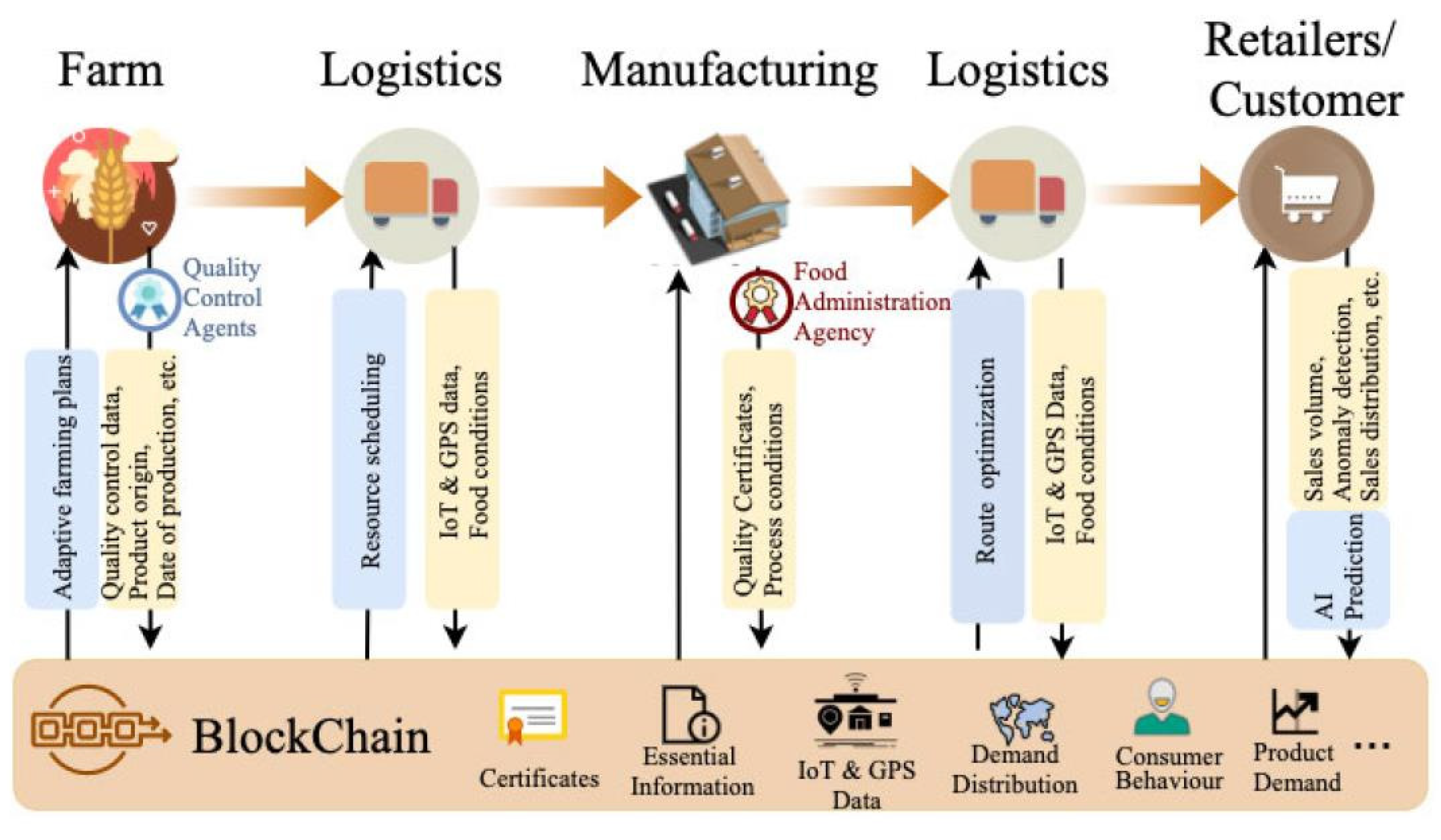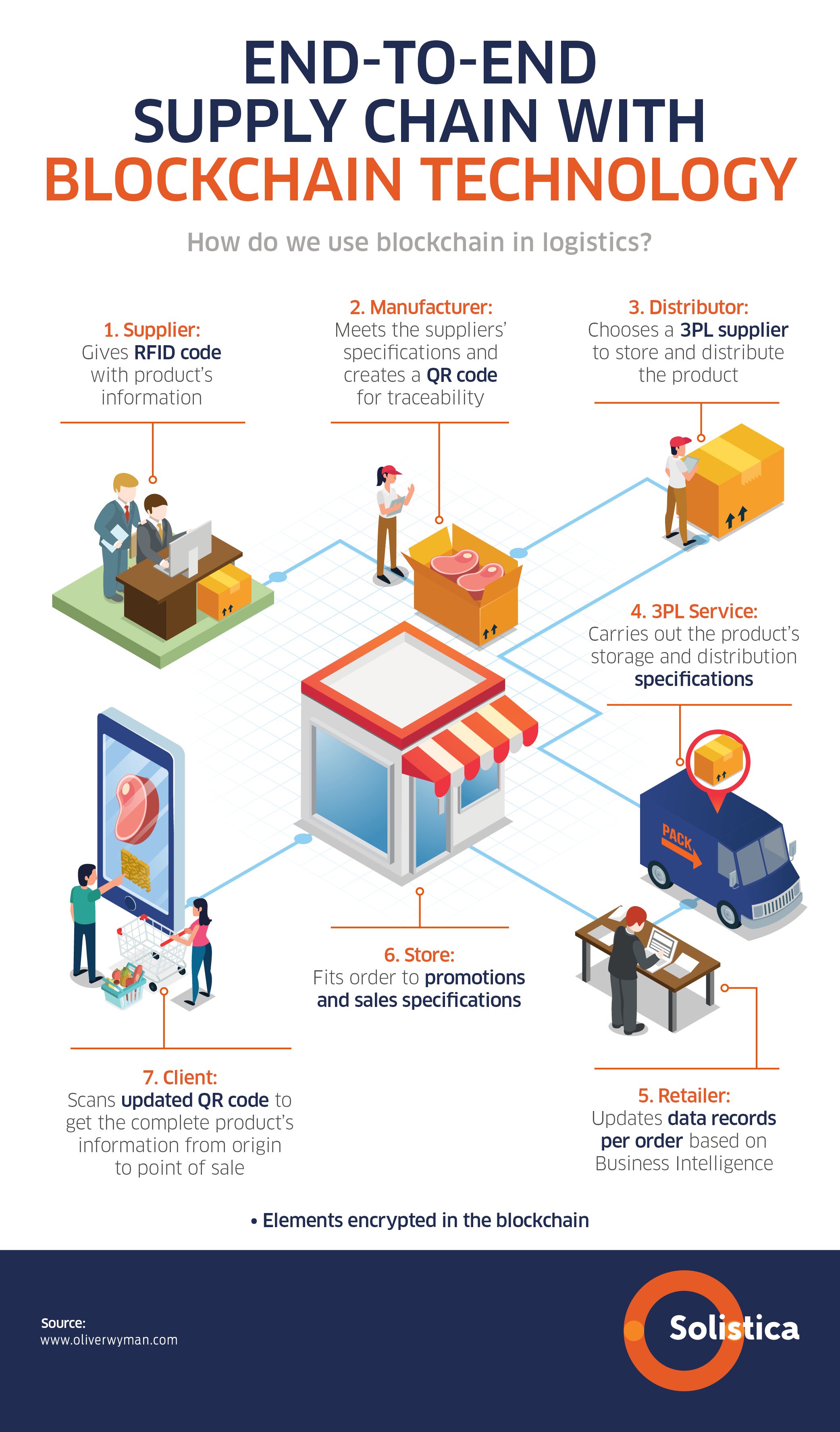Blockchain technology has emerged as a disruptive force across various industries, and its potential impact on supply chain management is immense. In this article, we will explore the transformative power of blockchain in revolutionizing supply chain operations, enhancing transparency, traceability, and efficiency. By leveraging this innovative technology, businesses can overcome traditional challenges and unlock new opportunities in their supply chain processes.

1. The Need for Transparent and Trustworthy Supply Chains: Supply chain management involves complex networks of suppliers, manufacturers, distributors, and retailers. However, traditional supply chain systems often lack transparency, making it challenging to track and verify the origin, movement, and authenticity of products. This section highlights the importance of transparency in supply chains and introduces blockchain as a solution to address these issues.
2. How Blockchain Works in Supply Chain Management: This section delves into the underlying principles of blockchain technology and its application in supply chain management. Blockchain’s decentralized and immutable nature allows for secure, transparent, and tamper-resistant record-keeping. By creating a shared, distributed ledger of transactions, blockchain enables real-time visibility, trust, and accountability throughout the supply chain ecosystem.

3. Enhancing Traceability and Product Authenticity: One of the significant advantages of blockchain technology is its ability to provide end-to-end traceability and verify the authenticity of products. By recording every transaction on the blockchain, businesses can track the movement of goods, ensuring compliance with regulations and mitigating the risk of counterfeit products. This section explores real-world examples of how blockchain is improving traceability in industries such as food, pharmaceuticals, and luxury goods.
4. Streamlining Supply Chain Operations and Smart Contracts: Blockchain’s smart contract functionality automates and streamlines various supply chain processes, eliminating the need for intermediaries and reducing administrative overhead. This section discusses how smart contracts can automate tasks such as inventory management, order fulfillment, and payment processing, enhancing efficiency and reducing errors in the supply chain.
5. Collaborative and Sustainable Supply Chains: Blockchain technology also enables collaborative and sustainable supply chains by facilitating transparent information sharing and verifying responsible practices. This section explores how blockchain-based platforms enable suppliers and consumers to track sustainability metrics, ensuring compliance with environmental and social standards. Additionally, blockchain can foster collaboration among supply chain partners, enabling efficient coordination and optimizing resource utilization.

Blockchain technology holds great promise for transforming supply chain management by providing transparency, traceability, and efficiency. As businesses adapt to an increasingly interconnected and globalized world, leveraging blockchain in their supply chain processes becomes crucial to gain a competitive edge. By embracing this revolutionary technology, organizations can build trust, streamline operations, and create sustainable and resilient supply chains for the future.
